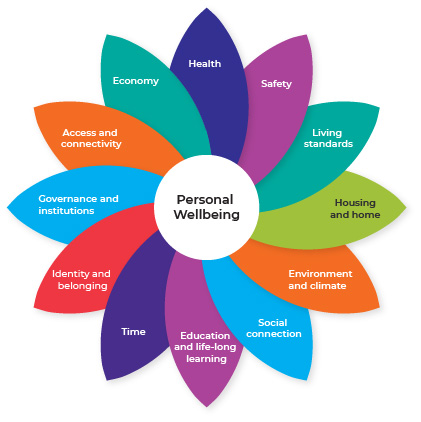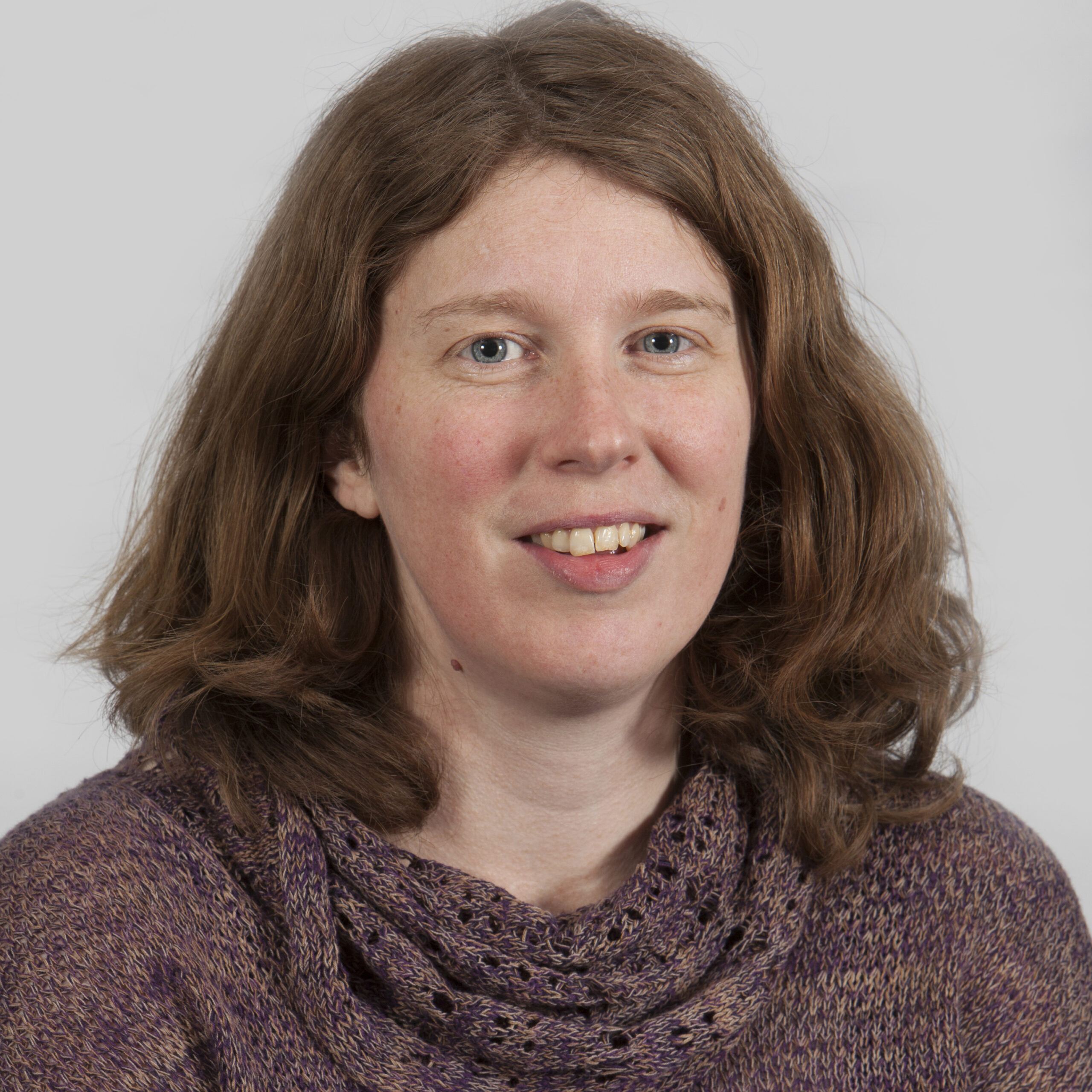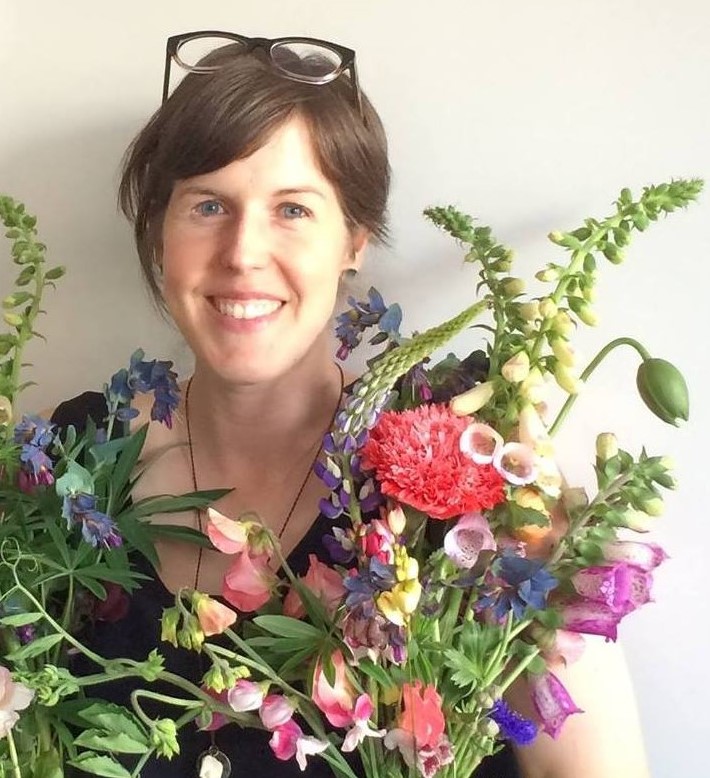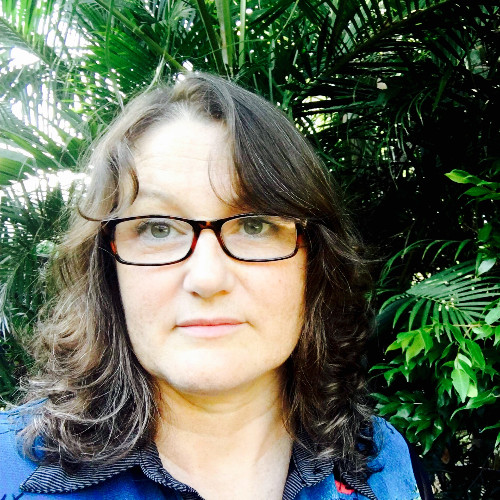There is abundant evidence that an economy focused on endless GDP growth is wreaking havoc on our environment and driving divisive social inequity. We need to move to an economic system that is distributive, regenerative and embedded within planetary boundaries, but what does that look like? Can people AND nature both benefit?
The ACT Government’s Wellbeing Framework comprises 12 indicators in an attempt to measure Canberrans’ “personal wellbeing” and “quality of life”. Significantly, “economy” is just one of those 12 domains, alongside “environment and climate”, “social connection” and “health”. How is the wellbeing framework being implemented? How does it relate to concepts such as circular or doughnut economics, or help in tackling climate change?



Previously, Sally has delivered engaging public programs in some of Australia’s most reputable galleries, museums and festivals. She is a steadfast believer in the transformational and healing potential of nature. She documents her walks in the wilderness via nature photography and brings the beauty of the natural world into her personal wellbeing practice through the mindful art of basket weaving.

Michelle is also Co-Founder and Director of the New Economy Network Australia (neweconomy.org.au) that works to transform Australia’s economic system so that achieving ecological health and social justice are the foundational principles and primary objectives of the economic system. She is also Co-Founder of Future Dreaming Australia which works in partnership with Indigenous Elders to build cross-cultural ecological knowledge and create an Earth-centred society (futuredreaming.org.au).
